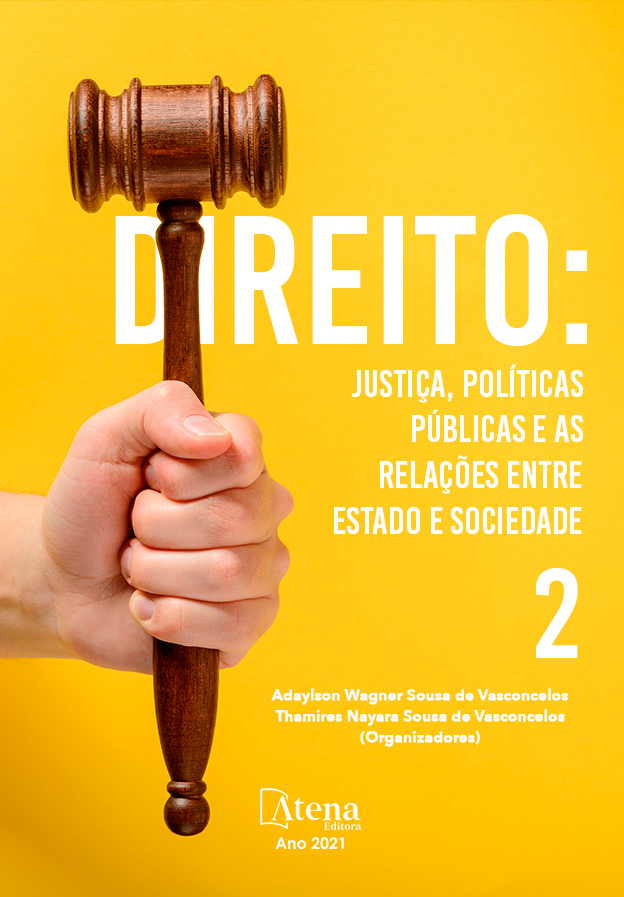
JUDICIÁRIO E TRABALHO ESCRAVO ILEGAL NO BRASIL: DA LEI FEIJÓ AO ART. 149 DO CÓDIGO PENAL.
Buscar, conhecer e preservar a memória da escravidão ilegal no Brasil é fundamental para superar, hoje, a exploração também ilegal do trabalho forçado, realizado em condições análogas a de escravo. Através da comparação entre a reação do Judiciário Brasileiro perante a denúncia de escravização ilegal de seres humanos, no séc. XIX com base nas Leis Feijó (1831) e Eusébio de Queirós (1850) e no séc. XXI com base na Lei 10.803/2003, que alterou o art. 149 do CPB, busca-se identificar os pontos de contato e semelhanças que permitam compreender a perpetuação do trabalho prestado em condições análogas a de escravo no Brasil.
JUDICIÁRIO E TRABALHO ESCRAVO ILEGAL NO BRASIL: DA LEI FEIJÓ AO ART. 149 DO CÓDIGO PENAL.
-
DOI: 10.22533/at.ed.14721080114
-
Palavras-chave: Trabalho forçado; escravidão ilegal; direito à memória; jurisprudência.
-
Keywords: forced labor; illegal slave labor; right to memory; Jurisprudence
-
Abstract:
Abstract: Seeking, knowing and preserving the memory of illegal slavery in Brazil is fundamental to overcome, today, the illegal exploitation of forced labor, carried out under conditions similar to those of slavery. By comparing the reaction of de Brazilian Judiciary to the complaint os illegal enslavement of human beings in the 19th century based on the Feijó (1831) and Eusébio de Queirós (1850) Laws and in the 21th century based on Lew 10803/2003 that amended art 149 of de Brazilian Penal Code, it seeks to identify the contact points and smilarities that allow us to understand the perpetuation of the work performed under slave-like conditions in Brazil.
-
Número de páginas: 19
- DANIELA VALLE DA ROCHA MULLER


